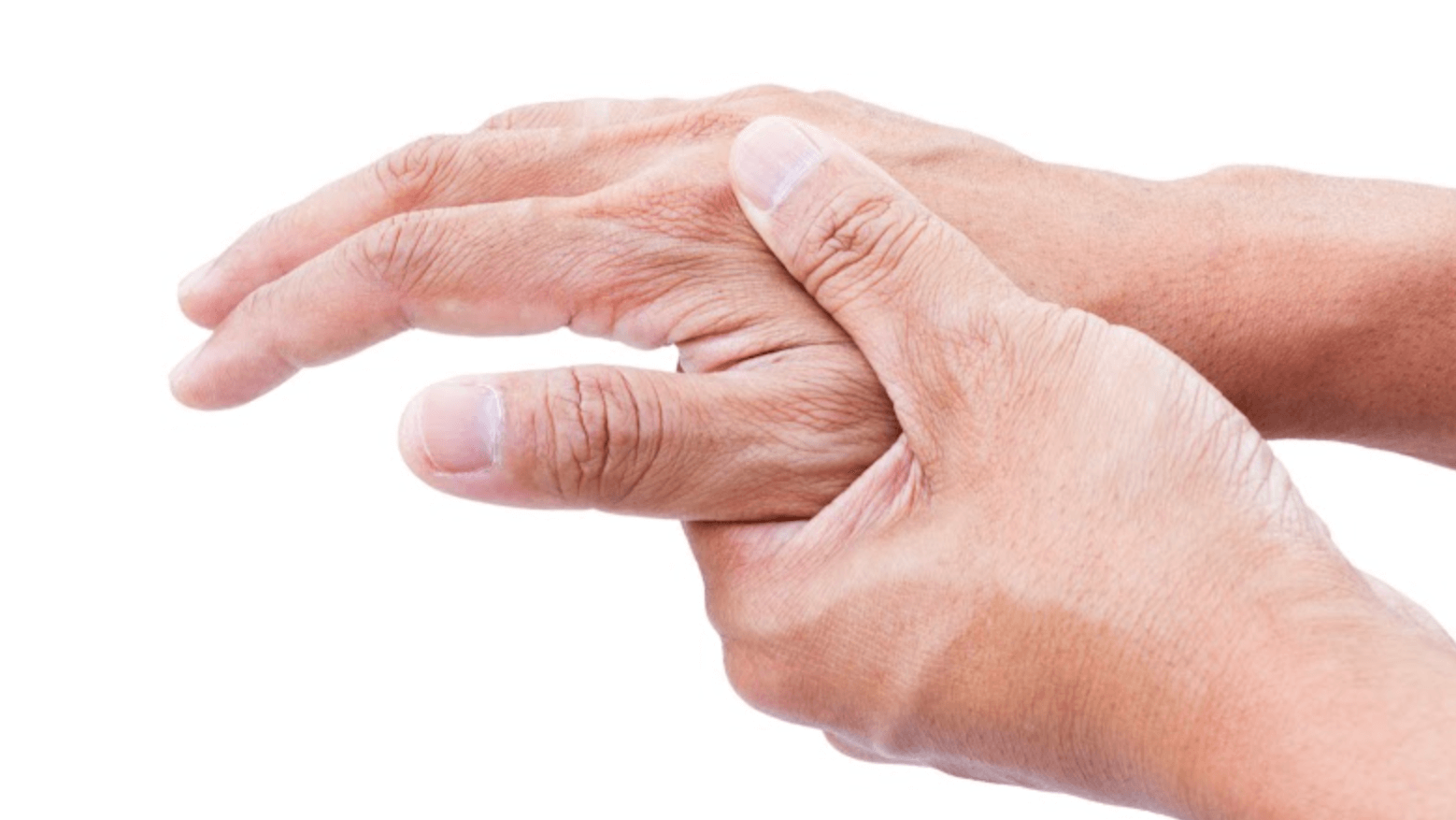What Are the Risk Factors for Hand CMC Joint Arthritis?
&srotate=0)
Arthritis is a prevalent and often debilitating condition that can affect various joints throughout the body. When it comes to the hands, the carpometacarpal (CMC) joint, particularly at the base of the thumb, is highly susceptible to arthritis in certain patients. Understanding the risk factors associated with CMC joint arthritis is important for both prevention and early intervention, which is often less complex and more successful compared with treatments administered once the condition has progressed. Here, Atlanta, GA orthopedic specialist Dr. Christopher Williams and the knowledgeable team at Interventional Orthopedics of Atlanta share helpful information regarding potential causes of hand CMC joint arthritis and answer popular CMC arthritis FAQs, including what treatment options may be available and effective for you.
What causes hand CMC arthritis?
There are several different forms of arthritis, each of which has a unique set of characteristics and can affect a person's joints in different ways. Hand CMC joint arthritis — often referred to as thumb arthritis — is typically characterized by pain, stiffness, limited mobility, and swelling in the thumb joint. Some of the most common causes of (and risk factors for developing) CMC thumb arthritis include:
Age
As with many types of arthritis, age is a significant risk factor for CMC joint arthritis. The wear and tear on joints over the years can lead to degeneration, and the CMC joint is no exception. Patients over the age of 40 are more likely to experience arthritis in this joint, with the risk increasing as they get older.
Gender
Gender can also play a role in CMC joint arthritis, with women being more prone to developing this condition. Hormonal changes, especially those associated with menopause, can contribute to the increased prevalence of hand arthritis in women.
Genetic predisposition
Genetics can play a pivotal role in the development of hand CMC joint arthritis. If there is a family history of arthritis or joint problems, patients may have a higher likelihood of experiencing similar issues. Specific genetic factors can influence how joints wear down over time, potentially increasing the susceptibility to arthritis in the CMC joint.
Overuse
Repetitive use of the hand and thumb over the years, especially in occupations or activities that involve frequent gripping and pinching motions, can contribute to the development of CMC joint arthritis. Occupations such as assembly line work, manual labor, or tasks that involve constant use of handheld tools may increase the risk of arthritis due to the ongoing strain on the joint.
Injury or trauma
Trauma, such as a previous injury to the thumb or hand, can also be a significant risk factor for thumb arthritis. Fractures, dislocations, or other injuries that affect the CMC joint may alter its structure and increase vulnerability to arthritis.
Lifestyle factors
Maintaining a healthy weight is crucial for overall joint health, including the CMC joint. Excess body weight places additional stress on joints, accelerating the wear and tear process. Obesity is associated with a higher risk of developing arthritis, and addressing weight management becomes an essential aspect of preventing and managing CMC joint arthritis.
Additionally, lifestyle factors such as diet can influence the risk of arthritis. Diets rich in inflammatory foods may contribute to joint inflammation, exacerbating arthritis symptoms. On the other hand, a well-balanced diet with anti-inflammatory properties can potentially mitigate the risk and impact of CMC joint arthritis.
How is CMC joint arthritis treated?
Following a comprehensive consultation and exam, which may include imaging studies such as an x-ray or MRI, Dr. Williams will recommend the most appropriate course of treatment for you. Based on the nature, severity, likely cause, and other attributes of your CMC arthritis, Dr. Williams may recommend one or more of the following thumb arthritis treatment options:
- Physical therapy
- Medication
- Lifestyle changes and bracing
- Steroid injections
- Biologics like platelet rich plasma (PRP) and bone marrow concentrate cellular therapy
- Surgery
When possible, Dr. Williams strives to help patients avoid invasive procedures and surgery through more conservative, minimally invasive treatment options — including regenerative treatments like Regenexx®. Prior to administering any treatment, Dr. Williams will discuss your options in detail to determine which therapy may best align with your unique needs and goals.
Get the rapid and lasting relief you deserve with hand CMC arthritis treatment in Atlanta, GA
Thumb arthritis pain and CMC joint arthritis can be debilitating and disruptive, making it difficult or even impossible to perform everyday routines. Don't let hand CMC joint arthritis interfere with your well-being any longer. Take the first step toward pain relief and restored function today by calling Interventional Orthopedics of Atlanta to schedule your consultation for arthritis pain relief with Atlanta, GA orthopedic specialist Dr. Christopher Williams. We look forward to helping you feel more like yourself again.